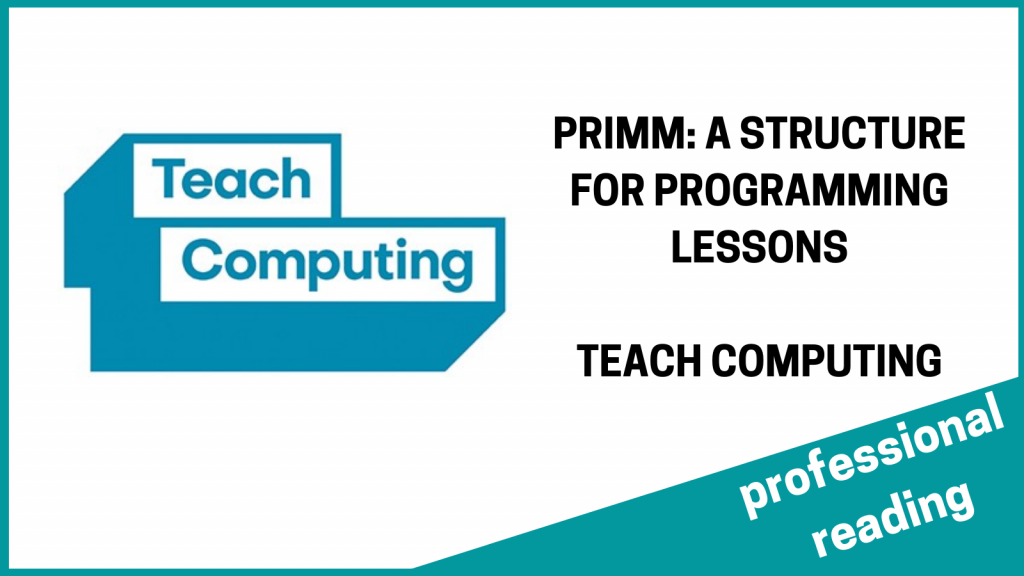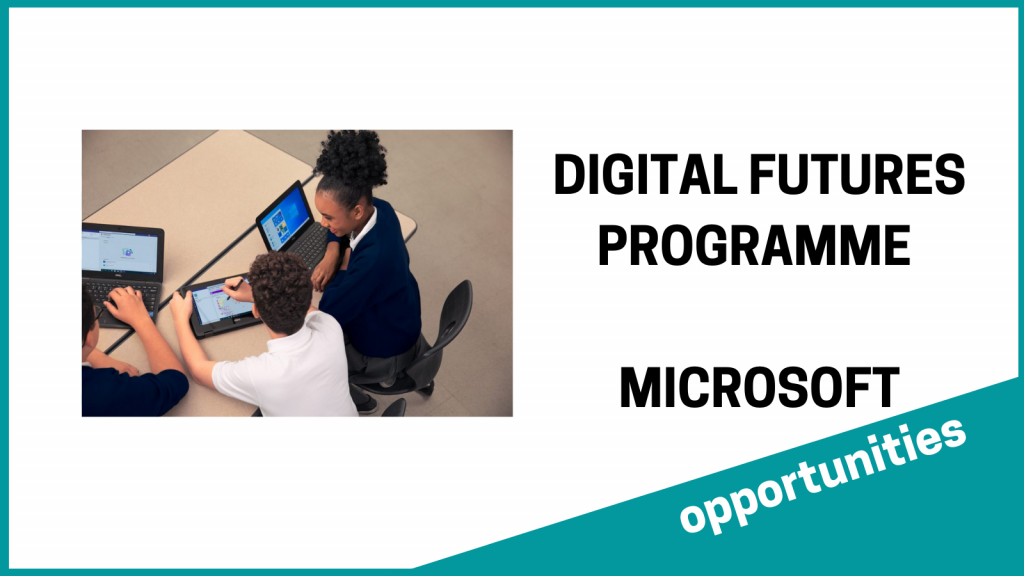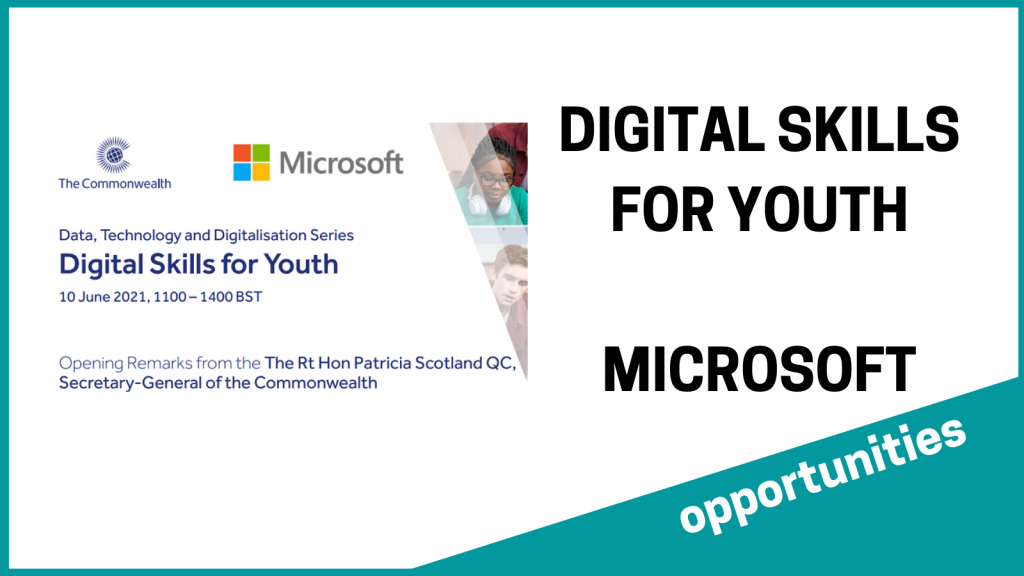Glasgow Caledonian University (GCU) have announced a short course opportunity that will be funded by the Scottish Funding Council. The course has been designed,by GCU and will start in May 2021. Participation is entirely without charge for candidates who succeed in their application.
GCU are particularly keen to support upskilling, curriculum future proofing in schools, career transition, career mobilisation, those at risk of unemployment.
Candidates have the opportunity to study two Masters level modules:
- Software Development in Data Science – Starts 10 May 2021 (20 Credits at SCQF 11 )
- Big Data Landscapes – Starts 20 September 2021 (20 Credits at SCQF 11)
These SFC-funded scholarships are designed to introduce learners to object-oriented programming, the programming language Python and its use for data programming and analytics.
Learners will build depth of knowledge in software programming skills and the management of data throughout its life cycle.
Modules are accredited and subject to assessment. Successful completion of each module will earn the learner portable academic credit. Portable academic credit may be used at a later stage towards a structured award at masters level, for example, GCU’s MSc Big Data Technologies.
These short courses require no prerequisite knowledge; a basic understanding of matrix algebra and statistics would be advantageous. No prior experience of programming is required but learners should expect a swift learning pace. Learners without programming experience should expect to invest more time in study.
Find out more here:
https://www.gcu.ac.uk/study/datasciencescholarship/
For further information, contact Fiona.StewartKnight@gcu.ac.uk






